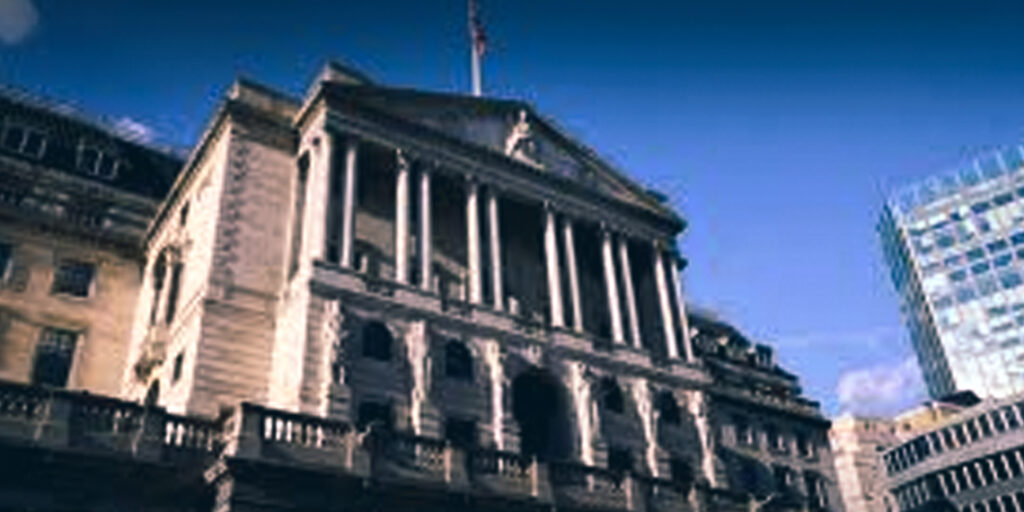UK government borrowing costs held steady on Friday, hovering near their highest levels since the 2008 financial crisis.
This came despite an unexpectedly robust US jobs report that intensified a global bond market sell-off.
The 10-year gilt yield edged up by 0.02 percentage points to 4.83%, retreating from Thursday’s peak of 4.93%—its highest level in 15 years. Bond yields rise as prices fall, reflecting heightened investor caution.
The pound continued its downward trajectory, dropping 0.4% to $1.226, marking its weakest position in over a year. The US jobs data fuelled speculation that the Federal Reserve will delay cutting interest rates, adding further pressure to sterling.
Impact on UK Gilts and Fiscal Policy
UK government bonds, known as gilts, have been hit hard in recent sessions as global bond yields rise due to stubborn inflation in major economies.
This increase has effectively eroded Chancellor Rachel Reeves’ fiscal flexibility, limiting her ability to borrow without breaching self-imposed fiscal rules, according to economists.
Gordon Shannon, portfolio manager at TwentyFour Asset Management, remarked that the gilt market is looking for Reeves to respond to the challenging global environment.
He suggested the need for spending cuts and anticipated a further decline in sterling to attract international investors back to UK bonds.
The UK’s vulnerabilities are exacerbated by concerns over high borrowing requirements and the looming threat of stagflation—a combination of sluggish economic growth and persistent inflation.
Investors Seek Clarity on Fiscal Strategy
With just £9.9bn of fiscal headroom left following last autumn’s Budget, the government faces mounting pressure to outline its fiscal strategy.
Pooja Kumra, a UK rates strategist at TD Securities, highlighted investor concerns over whether the Chancellor would resort to spending cuts, increased borrowing, or higher taxes to address the fiscal gap.
Bond yields play a critical role in determining budgetary flexibility, particularly given the government’s interest payments, which now exceed £100bn annually.
Reassurances Amid Market Uncertainty
Labour officials sought to calm market nerves this week, with Darren Jones, a senior UK Treasury figure, affirming the government’s commitment to “economic stability and sound public finances” during a parliamentary session on Thursday.
US Job Data Adds to Global Market Pressures
In the US, data revealed 256,000 new jobs were added in December, prompting traders to push back expectations of a Federal Reserve rate cut to September, compared to June prior to the report.
US 10-year Treasury yields rose 0.05 percentage points to 4.73%, having eased slightly after hitting their highest levels in over a year.
As global bond markets remain volatile, the UK faces unique challenges, with borrowing costs and fiscal policies under intense scrutiny from both investors and policymakers.


